The ‘John Wick’ Series
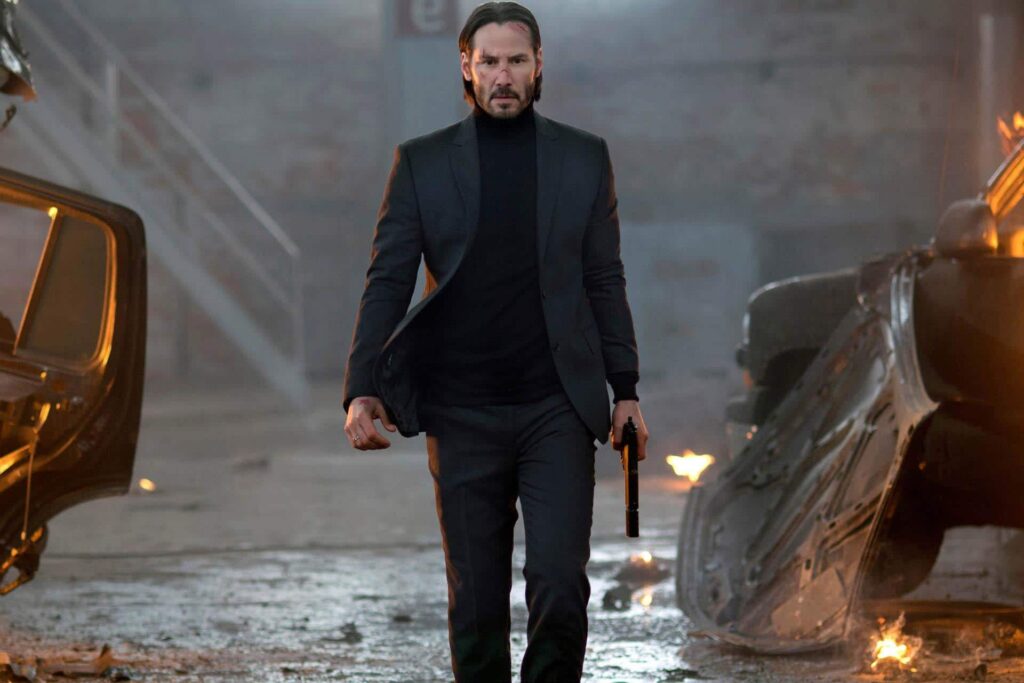
Action movies tend to follow the same beats and over time these have become tropes of the genre. One such trope is the revenge plot. The protagonist will have had something important taken from them and throughout the film, seek out revenge against those who have wronged them.
There are no greater modern action films that play into this particular trope than the “John Wick” movies. In the first entry of the series, the audience is introduced to possibly the most adorable dog ever captured on film, a gift to Keanu Reeves’ John Wick from his late wife. The dog is unceremoniously killed by home invaders looking to steal Wick’s sweet ride, kicking off a series of films so soaked in action it can become disorienting. However, all of Wick’s actions are justified throughout all three films because did you see how adorable that puppy was?
‘First Blood’
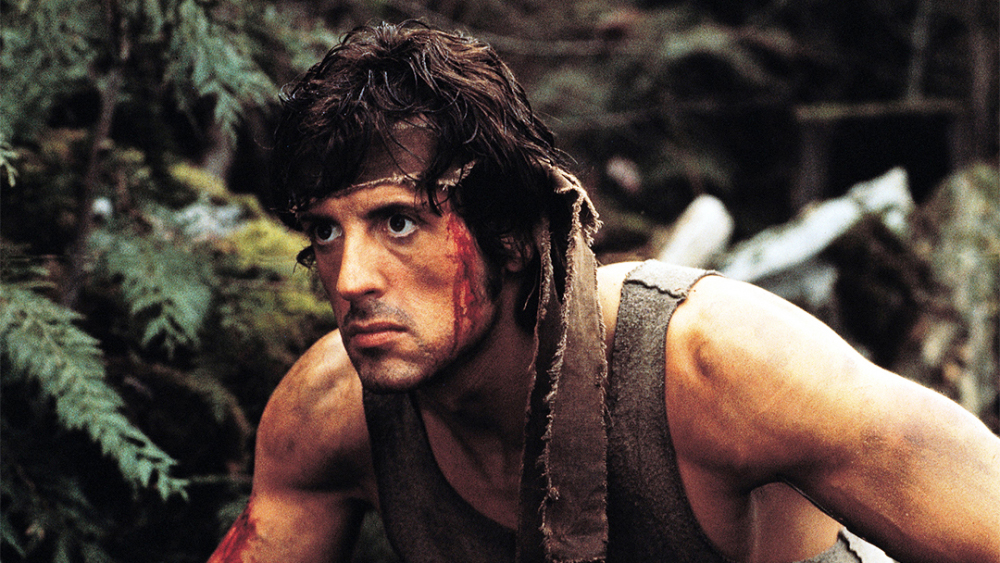
Ah, “First Blood,” the world’s introduction to John Rambo. Before the character was made a nigh-indestructible killing machine in the subsequent films in the series, “First Blood” gave audiences a rather prescient look at how Post Traumatic Stress Disorder can affect someone. While it isn’t the most accurate depiction of someone suffering from PTSD, it still gave moviegoers a view of how war can change someone.
In “First Blood,” moviegoers are asked to accept the moral justice Rambo represents. He, despite causing some serious property damage and causing the accidental death of a police officer, is just trying to get by and live his life. Who many would consider the good guys of most movies, police officers, are the main antagonists in “First Blood” and constitute a deft reversal of expected roles when it comes to doling out justice.
‘Red Dawn’
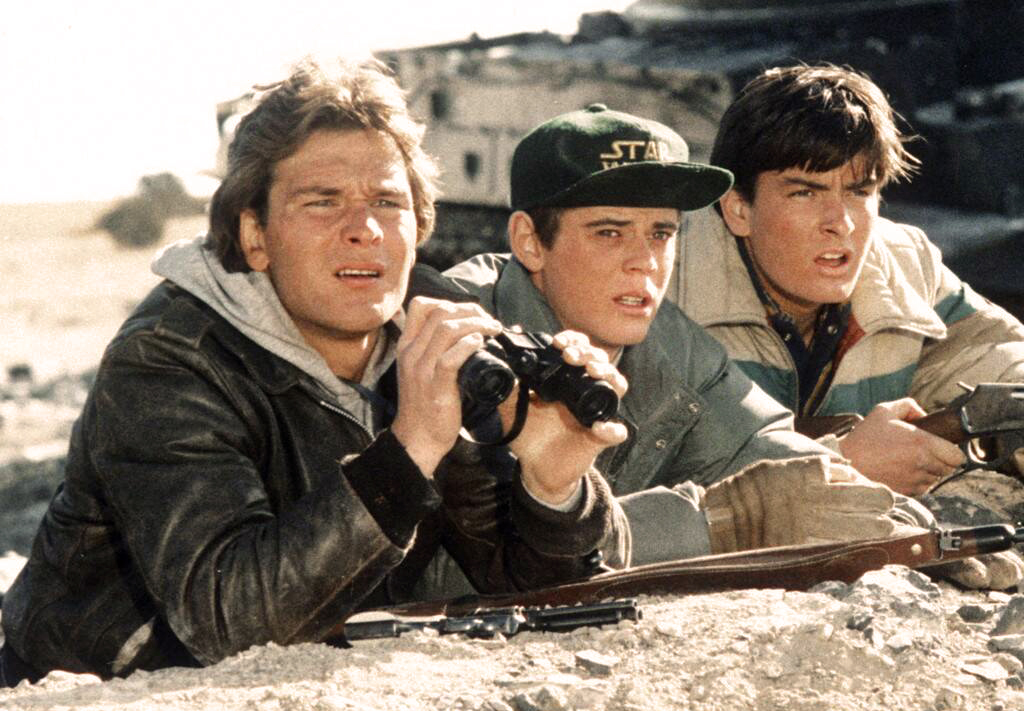
“Red Dawn” is an ’80s cult classic about a group of scrappy Colorado teens fighting for their freedom against Russian and Cuban invaders. The film itself is patently ridiculous and plays into the ’80s’ Cold War fears, but it does do a good job of establishing that the home team is in the right and the opposing forces do not stand for justice in the slightest.
However, that inherent sense of justice doesn’t necessarily stand the test of time when recent history is taken into account. For example, in late 2001, groups of young people in Afghanistan went into hiding in the mountains around where they lived to fight off what they perceived as an invading force after the U.S. began sending troops over in retaliation for the 9/11 terrorist attacks. To these people and many around them, they were fighting for justice, but from an American standpoint, we were in the right as we were fighting religious extremism. Not a perfect analogy, but you get the idea: the notion of who is fighting for justice can change rapidly depending on who you ask.
‘The Boondock Saints’
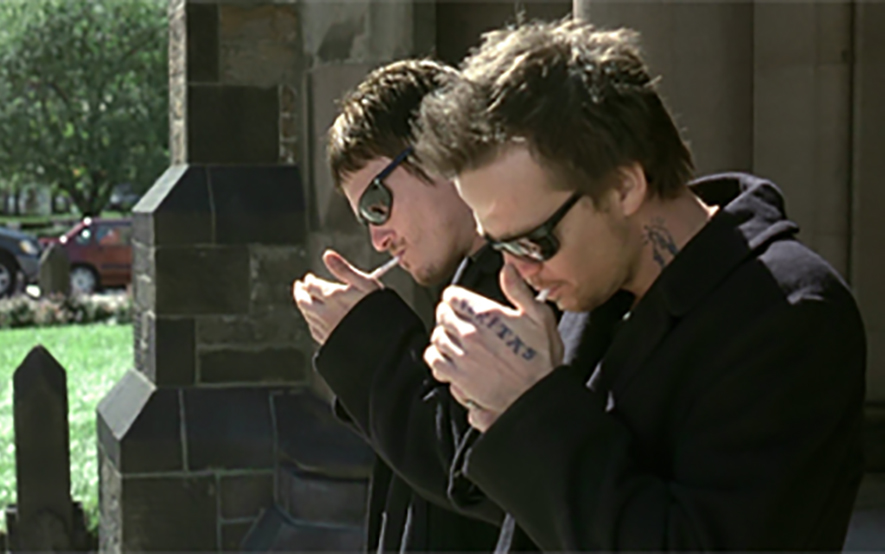
“The Boondock Saints,” a 1999 cult hit, tells the story of two Irish brothers who take to a life of vigilantism in order to keep their streets clean. Now, many films are predicated on the idea of a vigilante fighting outside the law—take every Marvel film for example—but the brothers in “The Boondock Saints” barely face any pushback for their actions.
Even the police in the film recognize the power of their particular brand of street justice, and while they do make an effort to track down the titular Boondock Saints, in the end, they effectively help them and condone their continued life as vigilantes. Though the brothers are in fact killing many, many criminals, in the real world they would be regarded as serial killers despite the film painting their actions as justified.
‘The Fugitive’
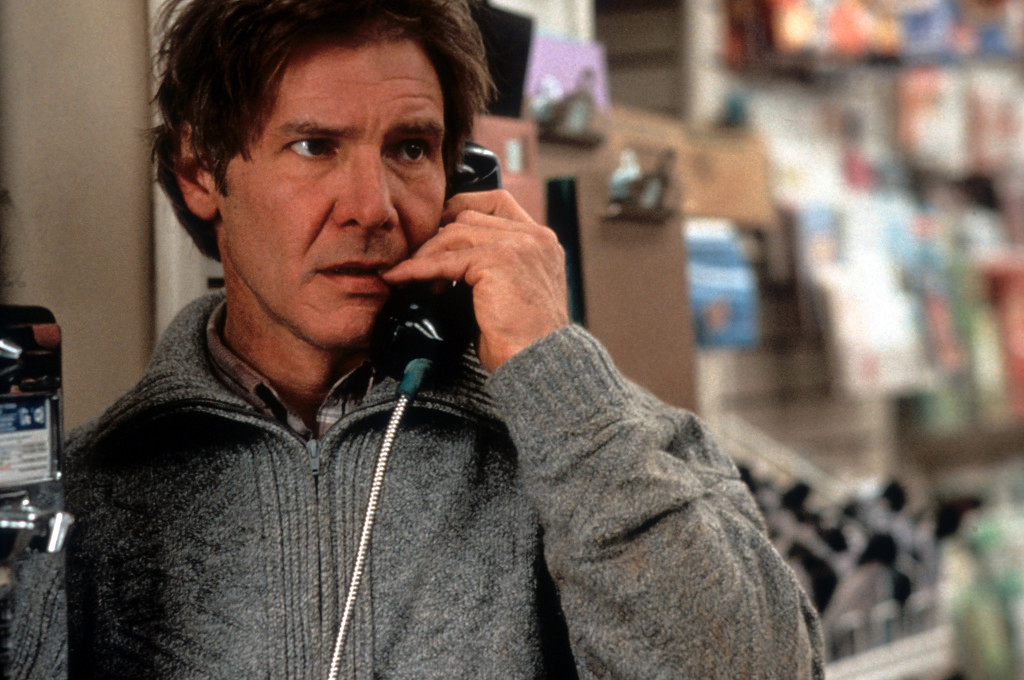
The dichotomy of the concept of justice in “The Fugitive” can be summed up by Tommy Lee Jones’ Deputy Samuel Gerard’s response to Harrison Ford’s Dr. Richard Kimble stating that he didn’t kill his wife: “I don’t care.”
Both characters are actively pursuing justice from opposite sides of the same coin. Dr. Kimble is desperate to find exculpatory evidence that will establish his innocence in his wife’s murder while Deputy Gerard is laser-focused on bringing a fugitive from the law to justice. This paints justice in a fluid light as the audience identifies with both characters’ ideals of justice throughout the film
Justice is an important facet of any action film as it establishes the reason we should actually care about the protagonist. In “John Wick,” without his dog’s tragic death, the film would just be about a guy going around wreaking havoc without any rhyme or reason. In “The Fugitive,” it is imperative that the audience understand both Deputy Gerard’s and Dr. Kimble’s separate ideas of justice and why they are seeking it. Otherwise, it would be far less entertaining and impactful. It really doesn’t matter if justice is on the side of the law or outside of it entirely, as long as it exists it allows the audience to more easily suspend their disbelief and enjoy the movie.

